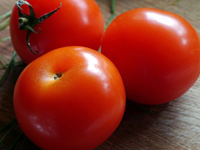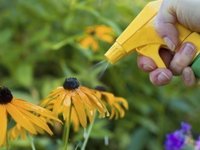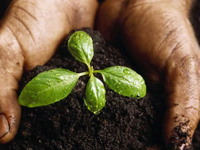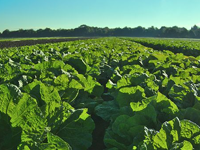-
Choosing the Best Material for Your Decking Project: A Comprehensive Guide - June 16, 2024
-
Sustainable Decking Solutions: A Comprehensive Guide to Eco-Friendly Materials - June 16, 2024
-
Avoiding Remodeling Nightmares: A Comprehensive Guide to Selecting a Reliable Contractor - June 10, 2024
-
9 Steps to Plan Out Your Home Improvement Projects - June 9, 2024
-
Low-Maintenance Deck Design: Enjoy Your Outdoor Space with Minimal Upkeep - June 9, 2024
-
Transform Your Home Like a Pro Even if You’re Clueless - June 8, 2024
-
Step-by-Step DIY Deck Building: Tips, Tricks, and Essential Considerations - June 8, 2024
-
Transform Your Bathroom: Essential Tips for a Successful Remodel - May 28, 2024
-
Unraveling the Mystery: Your Guide to Taking On a Roofing Project Like a Pro - May 27, 2024
-
13 Creative Ways To Give Your Floors A New Look - May 21, 2024
You Can Do Organic Vegetable Gardening at Home
Anybody can do organic vegetable gardening at home because the principle behind this is not that different from what they do in the farm. The only difference is that you work in a smaller area and you get to choose what you like plant.
The first thing you have to do is find an ideal location. A lot of people do organic vegetable gardening in their backyard. To make it work, whatever you are planting should get at least 6 hours of sunlight everyday and access to water.
Just like the ancient civilizations that relied on an efficient irrigation system, you too should do the same by making sure there is adequate drainage because if you don’t, you will have to do organic vegetable gardening using a raise bed.
When your ideal location has been found, it is time to cultivate the land. For that, you will need your gardening tools and a pair of gloves to pluck out the weeds on the ground. This might take a few days to make sure the area is ready for planting.
You will only know if the ground you are going to plant your vegetable is a good spot by testing it with some compost and mixing this with the soil. Should it be able to integrate and stabilize itself with the soil, this means that you can start planting your crops and see it grow in the succeeding weeks.
If you don’t like to buy compost from the gardening store, you can make your own using coffee grounds, dead leaves, grass clippings, food waste or even manure. They also serve as excellent fertilizers.
As for your vegetables, take note that some of these may not be suitable in the land you are planting these on. This is because of several factors that are beyond your control such as the weather, pests and other plant borne diseases. You can avoid making this mistake by doing some research on what vegetables are ideal to plant in your area and asking fellow organic gardeners.
One way to protect the organic vegetables you are planting is by planting a variety of them at a time since some of these protect each other from pests. Such practice is better known as crop rotation especially when you want to adapt with the weather in your area. Another defense system that works is getting the help of Mother Nature as birds, certain insects and even toads have proven to be useful.
If you live in an area where wild animals may eat your vegetables, you should put up fences so they are not able to get through. Other tools you can use are animal hair, baby powder and deodorant soaps.
Part of preparing the land is removing the weeds. But remember that new weeds grow after some time so you have to inspect the area from time to time.
Planting your own organic vegetable garden at home will surely save you money as these are quite expensive in the supermarket. If you have some excess stocks when it is time to harvest them, maybe you can give some to your neighbors or make some money by selling it at the local market which isnt that bad given that you dont shell out that much cash for this investment.

























